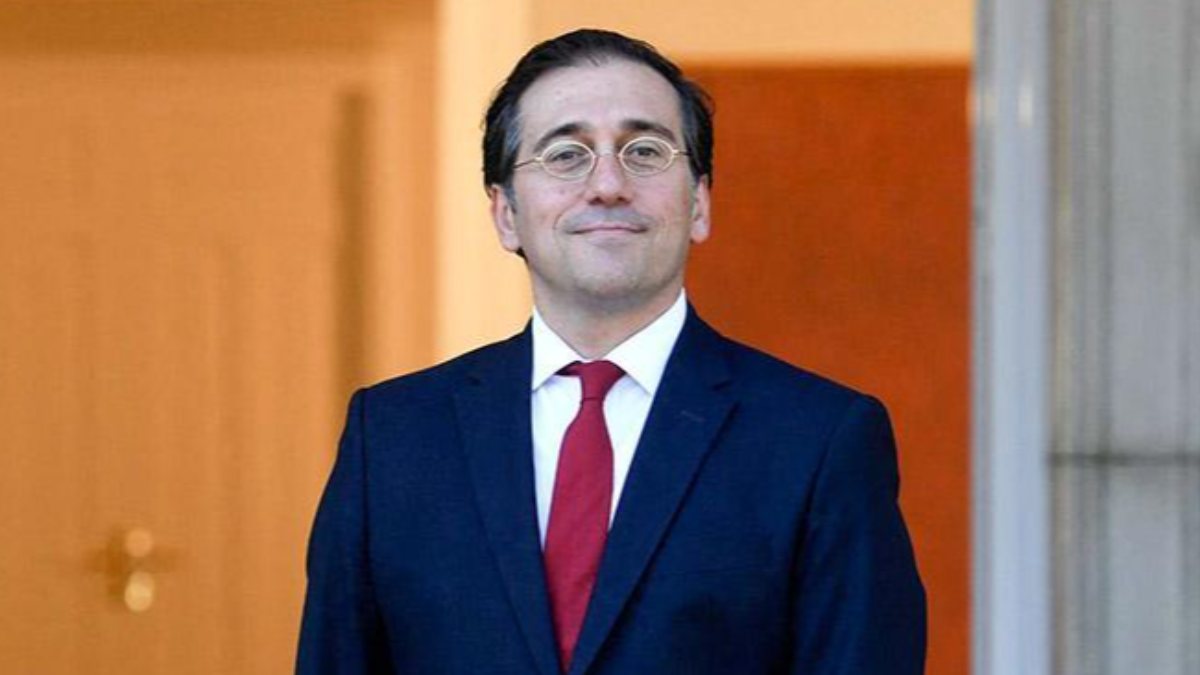The US warned Egypt on Tuesday against purchasing Russian Su-35 multi-role fighter aircraft, saying it would face sanctions should it go through with the procurement.
SANCTIONS PURPOSES
“We’ve made clear that if those systems were to be purchased, the CAATSA statute would require sanctions on the regime,” Secretary of State Mike Pompeo said at a Senate budget hearing. “We’ve received assurances from them that they understand that, and I’m very hopeful that they will decide to not move forward with that acquisition,” he added.

The Countering America’s Adversaries Through Sanctions (CAATSA) act was passed in 2017 to impose sanctions on Iran, North Korea and Russia. The aim of the legislation is to combat those countries’ influences across the globe.

The Senate Foreign Relations Committee’s top Republican and Democrat and 15 of their colleagues sent a letter to Pompeo Monday raising a number of issues, including Cairo’s decision to reportedly purchase 20 Russian Su-35 fighter jets. The letter also voiced “serious concerns about the erosion of political and human rights” in Egypt and warned that the country is “unjustly” jailing at least a dozen Americans. Pompeo did not consider Egypt’s leader Abdel Fattah al-Sisi a tyrant after being asked by Senator Patrick Leahy. “I would not use that characterization,”Pompeo said. “Even though he locked up political opponents and claimed victory after a sham election?” Leahy asked.

“There’s no doubt that it’s a mean, nasty world out there, but not every one of these leaders is the same. Some of them are trying to wipe entire nations off the face of the earth, and others are working with us to help keep Americans safe,” Pompeo said in response. “You might call them a tyrant, you might call them authoritarian. But there’s a fundamental difference in the way the United States should respond” he added.
Pompeo said he had met with Sisi, who arrived in Washington on Monday, and talked to him about “cases concerning US citizens in Egypt,” but didn’t elaborate. Sisi has led Egypt since the 2013 ouster of elected President Mohammad Morsi. He was re-elected last year with nearly 98% of the vote after running virtually unopposed, with most major challengers either being jailed or stepping aside under pressure. Rights groups frequently accuse Egyptian authorities led by Sisi of trying and convicting political opponents on trumped-up criminal charges. Egyptian officials say all defendants receive fair trials and enjoy due legal process.













